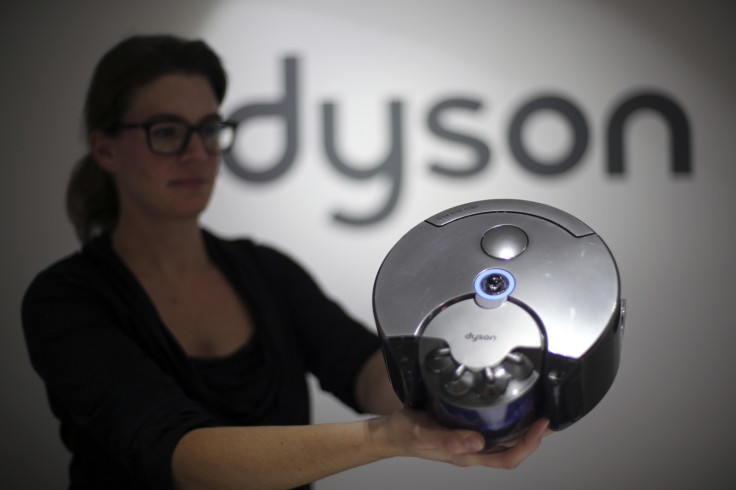Out with the old, in with the new: Dyson drops old battery patents in solid state cell push
UK vacuum cleaner and appliance company Dyson is no longer paying $200,000 a year to protect lithium battery patents.

Update, 4 April:
After this article was published, a Dyson spokesperson clarified the situation and sent IBTimes UK the following statement:
"Dyson is more focused than ever on energy storage solutions, which includes developing new intellectual property with the Sakti3 team. We currently own 94 Sakti3 patents and patents pending protecting those developments. The three patents in question pre-date Dyson's purchase of Satki3 and are therefore owned by the University of Michigan.
"The related IP has been superseded with better technology and is no longer important to our aims, so we are not renewing the license. We remain committed to investing £1bn pounds in battery technology over the coming years, and Sakti3 is an essential and exciting part of that program."
Original story, 3 April:
British appliance maker Dyson is no longer paying a $200,000 (£160,000)-a-year license fee for three patents once tipped to be used to create a battery and electric car business to rival Tesla.
Privately-held Dyson acquired Sakti3, a battery company spun out of the University of Michigan, in late 2015 for $90m. The buyout was seen as Dyson's first move into becoming a competitor to Tesla, the US battery and electric car company led by Elon Musk. Further fuel was added to the fire when Dyson hired Tesla's former head of communications Ricardo Reyes in January 2017.
At the time it was claimed the licensing of the patents would eventually see Dyson become a world leader in battery technology and production. Company founder James Dyson said his initial $15m investment in Sakti3 might eventually be worth more than his entire company. Although the value is Dyson the company is not known, Dyson is believed to be worth over $4bn.
But now, as Quartz reports, an email conversation with Kenneth Nisbet, associate vice president for research and technology transfer at the University of Michigan, confirmed Dyson's wish to no longer license the Sakti3 patents.
"As is typical, Sakti3 continued to create intellectual property on its own that complemented the original [University of Michigan] IP. I don't know the exact reason why Dyson terminated the license, but I assume the original IP was no longer important given the additional IP created by Dyson."
In addition to this, Fabio Albano, who worked on Sakti3's patented technology, said: "If you don't have revenues from a patent, you kill it."
One of Sakti3's patents describes: "The present invention provides a method and system, for an all solid-state rechargeable battery and a vehicle propulsion system powered by the battery." Another claimed: "No solid state batteries with ceramic electrolytes have come close to achieving [our] level of energy density."
© Copyright IBTimes 2025. All rights reserved.






















